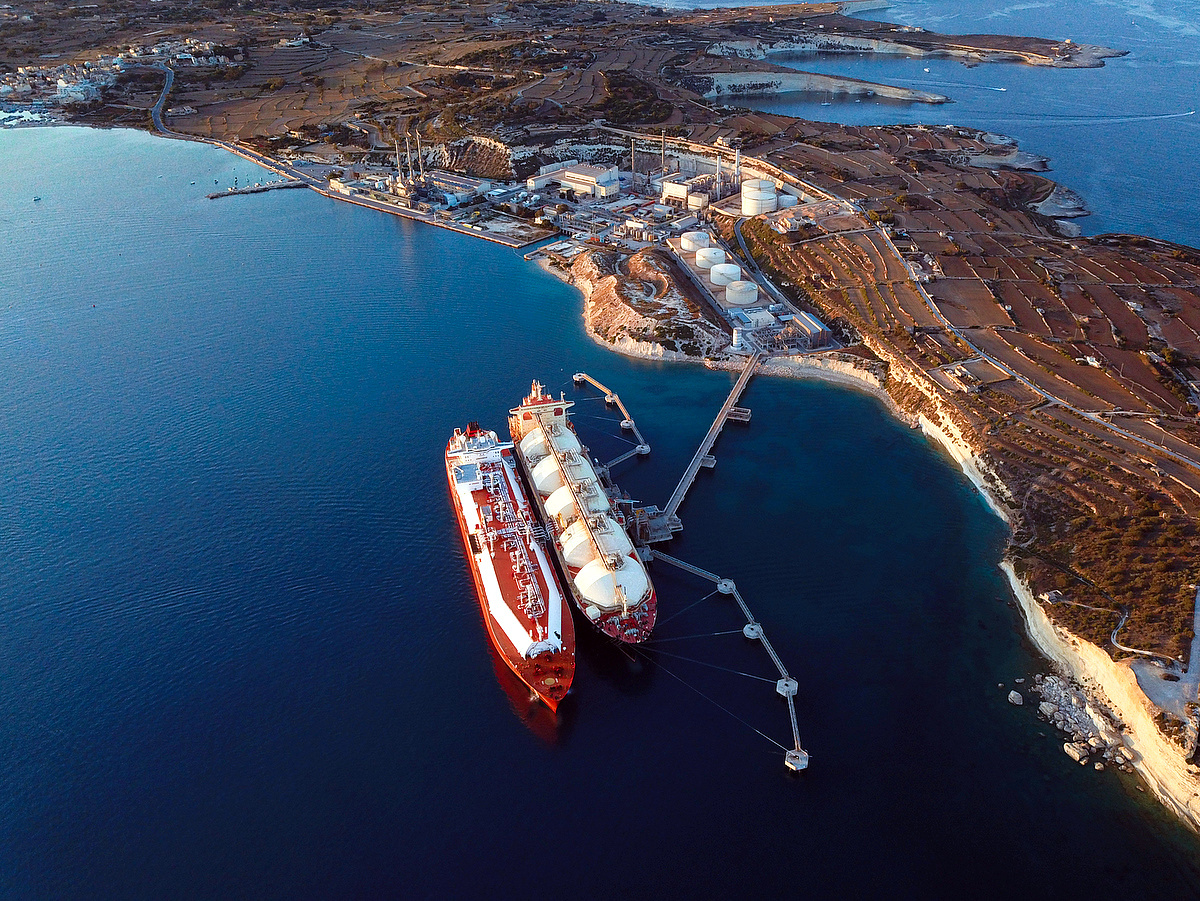Germany currently has no LNG terminal, meeting about 55 percent of its gas needs from gas imported from Russia via a pipeline. He writes the first LNG terminal in Brunsbüttel, northwest Germany, at the mouth of the Elbe River into the North Sea. dw.com.
To build the station, German state-owned bank KfW signed a letter of intent with two energy companies, NV Nederlandse Gasunie and RWE AG. Gasunie will manage the facility, and the German government will own 50 percent through KfW, Bloomberg reports. VG.hu.
The German government aims to establish the plant as soon as possible, with an annual gas-to-gas regasification capacity of 8 billion cubic meters.
The authorities hope that the plant will later be converted to import hydrogen, a sustainable energy source. Economy Minister Robert Habeck confirmed Germany’s position that gas would be used until the transition to sustainable energy sources. dw.com writes that they also want to reduce their dependence on imports from Russia, which has become urgent since Russia’s attack on Ukraine.
The move, according to Bloomberg, indicates that Europe sees the invasion of Ukraine as a turning point and wants to end its long-term dependence on Russian energy.
German Chancellor Olaf Schulz in late February announcethat two LNG terminals will be built in the North Sea at Brunsbüttel and Wilhelmshaven. He also called for accumulating natural gas and coal reserves and accelerating the introduction of renewable energy sources due to Russian aggression. Already on Tuesday – before the Russian attack on Ukraine – the chancellor decided that to stop Licensing procedure for the Nord Stream 2 gas pipeline from Russia to Germany.












































